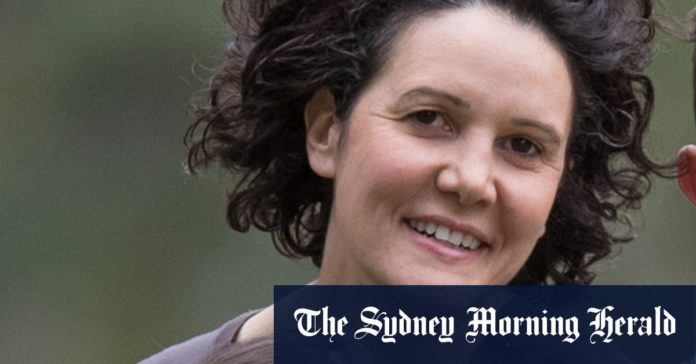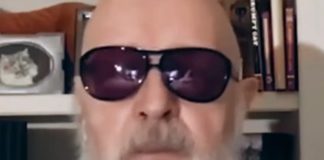
“That data around where your parents are born is really good to understand the cultural diversity of Australia,” she said. The form includes an instruction for same-sex parents to “include the country of birth of one of the two parents here”.
Loading
“We heard feedback from the 2016 Census that people whose parents are same sex didn’t know how to answer that one,” she said. “What we’ve done this time is added a dot point that says if someone has same-sex parents we encourage you to fill out one [of the fields or] … don’t pay attention to the use of the term father and mother.”
She said the Census team investigated whether using gender-neutral terms for this question, such as “parent one” and “parent two”, would be preferable but found there was value in collecting the lineage on male and female sides from biological parents.
“Some cultures hand down particular beliefs down a maternal line or paternal line,” she said. “That’s why we did retain the question with father and mother specifically.”
This is the first census since Australia achieved marriage equality in December 2017. However, some same-sex couples have been reporting themselves as married on the census for years. In 2011, 33,714 same-sex couples identified themselves in the census and 1338 of this cohort described themselves as husbands or wives. There were about 4.65 million opposite-sex couples.
In 2016, there were almost 47,000 same-sex couples, or about 0.9 per cent of all couples, and 3142 said they were married. About 15 per cent of same-sex couples had children, up from 12 per cent in 2011. A quarter of female couples had children, compared to 4.5 per cent of male couples and 55 per cent of opposite-sex couples.
Loading
Changes were made to the census this year to better measure diversity, including providing a non-binary option for sex. The statistics bureau has also started asking Australians to identify their sex at birth during other surveys. However, the statisticians have faced criticisms for failing to include questions specifically asking about sexuality and not providing enough options to ensure clear data about those who are intersex and transgender.
The 2016 Census counted 1260 sex or gender diverse people nationally, which prompted a warning note from the ABS that the count of about 5.4 per 100,000 surveyed Australians was likely to be incorrect.
Equality Australia chief executive Anna Brown said same-sex parents had been recognised for more than 12 years in national laws.
“The ABS needs to take seriously its obligations under Commonwealth law not to discriminate against people based on their sexual orientation, gender identity or variations of sex characteristics,” she said.
The Morning Edition newsletter is our guide to the day’s most important and interesting stories, analysis and insights. Sign up here.








